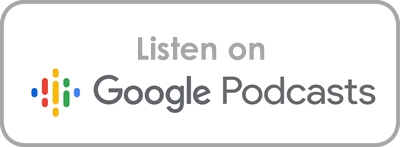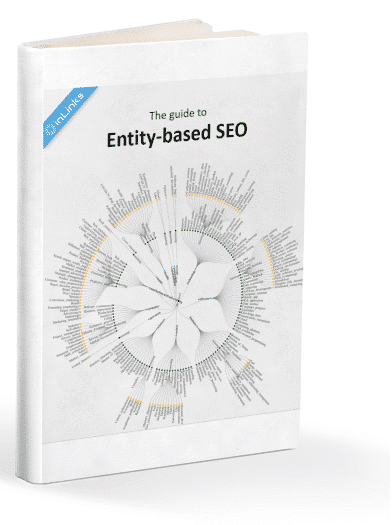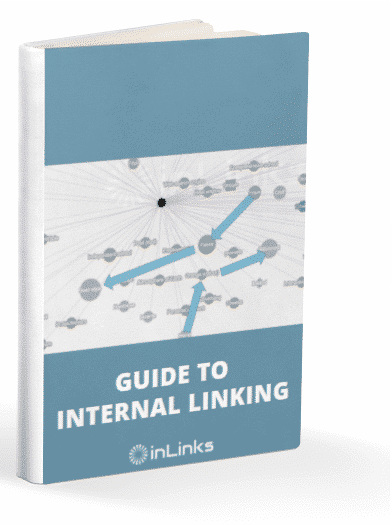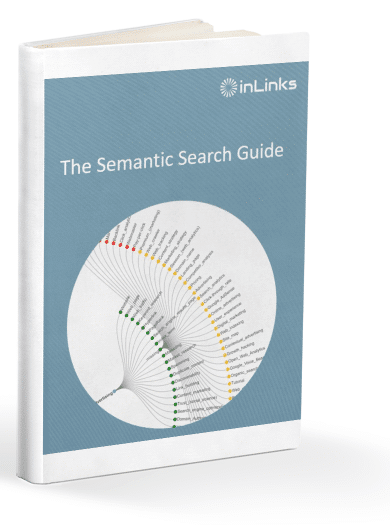What link building strategies work now? Joining Dixon Jones on Episode 29 of the Knowledge Panel Show are Bibi Raven, Eva Cheng, Debbie Chew and Aaron Anderson.

Sign up below to watch future episodes live…
Want to Read Instead? Here is a Summary
Moved on to these automated systems where you can just push out a press release and hope that it gets picked up, but it’s interesting to hear that you’re taking a much more personalized and targeted approach. So, it’s more about building relationships with journalists and finding the right fit for your content rather than just mass distribution.
In this insightful conversation, a panel of experienced SEO professionals discusses various strategies and insights related to link building and PR. They delve into the effectiveness of different link-building approaches, the importance of relevant and high-quality links, and common mistakes to avoid. Here’s a summary of their discussion:
Debbie, Aaron, anything to add regarding the use of PR syndication systems or personalized outreach?
Debbie: No, I agree with what Eva said. I think personalized outreach tends to yield better results because you’re actually connecting with the right people who are genuinely interested in your content.
Aaron: I’m in line with Eva and Debbie here. The personal touch is definitely more effective in building those relationships and getting your content in front of the right eyes.
All right, thanks for sharing your insights on that. It’s clear that a personalized and targeted approach to PR outreach is the way to go for better results.
Now, let’s shift gears a bit and talk about link building in competitive niches. In industries where competition is fierce and everyone is vying for the same high-authority links, how do you approach building links? Are there any specific strategies or tactics you find effective in these situations?
Eva: In competitive niches, it’s crucial to find unique angles or perspectives for your content that can differentiate you from the competition. This could involve conducting original research, offering expert opinions, or addressing specific pain points that haven’t been covered extensively. If you can provide valuable insights or information that others can’t, you have a better chance of getting those high-quality links.
Debbie: I agree. In competitive niches, you have to stand out and provide something truly valuable. One strategy that often works well is leveraging relationships. Building genuine connections with influencers and industry experts can lead to natural link opportunities.
Aaron: Definitely, competition means you have to step up your game. Building relationships becomes even more important. Also, focusing on content that’s not only informative but also engaging and shareable can help in earning those coveted high-authority links.
Great advice! Finding unique angles, leveraging relationships, and creating exceptional content are all key strategies for succeeding in competitive niches.
Now, let’s touch on the ever-evolving nature of link building. As algorithms change and search engines become more sophisticated, what do you think the future of link building holds? Are there any trends or shifts you anticipate in the coming years?
Debbie: I think link quality will continue to be crucial, but search engines will become even better at distinguishing between natural, earned links and those obtained through manipulative tactics. This means that link building strategies will need to focus on authenticity and real value.
Eva: I agree. I also think that user experience and engagement will play a more significant role in evaluating the quality of a link. High bounce rates or low engagement could potentially devalue a link, while links that drive real traffic and engagement will carry more weight.
Aaron: Automation and shortcuts might become less effective as algorithms become more adept at detecting them. This will emphasize the importance of manual, thoughtful link building that adds value to users and aligns with the overall user experience.
Eva: Focus on building relationships, whether it’s with influencers, journalists, or other content creators. Meaningful connections can lead to organic link opportunities and collaborations that benefit both parties.
Debbie: Keep an eye on the latest trends and updates in SEO and link building, but don’t lose sight of the fundamentals—quality content, genuine outreach, and a long-term approach to building a strong link profile.
Aaron: Experiment with different tactics and strategies, but always stay true to ethical and white-hat practices. Building a solid reputation and earning high-quality links takes time and effort, but the results are worth it.
Introduction and Syndication Systems:
The panel discusses syndication systems and press release distribution services like PR Newswire. While these systems have been around for a while and can help with syndication, there is skepticism about their effectiveness in driving meaningful results. It’s noted that the “spray and pay” approach might not yield substantial results, and targeted strategies tend to work better.
Press Releases and Outreach:
The conversation then shifts to the topic of press releases and outreach. Press releases are considered the main document of information that journalists use for their stories. Outreach involves crafting personalized pitches to journalists to land placements in targeted publications. The panel emphasizes that a press release should offer valuable content and be delivered within the context of a genuine story.
Help a Reporter Out (HARO) and Similar Platforms:
HARO and similar platforms are discussed as potential opportunities for PR professionals to connect with journalists seeking experts on specific topics. While HARO can provide quick wins, the panel suggests being cautious with overusing it, as repeating the same sources can lead to diminishing returns.
Domain Redirects and Internal Linking:
The conversation then touches on the practice of buying expired domains and redirecting them to boost a site’s authority. While this tactic can work, it’s crucial to maintain quality and relevance. Internal linking is highlighted as a critical component of SEO, ensuring that links are placed strategically within a website’s architecture.
Avoiding Pitfalls in Link Building:
The panel agrees that link builders should avoid spammy tactics like paying for links or focusing solely on vanity metrics like Domain Authority (DA). Quality, relevance, and natural link-building strategies are deemed more effective. Also, the importance of ethical practices, personalized outreach, and respecting journalists’ preferences is emphasized.
Journalist Outreach Etiquette:
Panelists stress the importance of building relationships with journalists and being respectful when reaching out. Avoid hounding journalists with repeated pitches on topics they aren’t interested in. Tailoring pitches to their preferences and being patient can lead to more successful placements.
Thank you all for sharing your thoughts on the future of link building. It’s evident that the emphasis on authenticity, value, and user experience will continue to shape the landscape of link building strategies.
As we wrap up our discussion, do you have any final tips or insights you’d like to share with our audience, especially those who are looking to improve their link building efforts?
Upcoming Broadcast and Contact Information:
The panelists conclude by mentioning the upcoming Knowledge Panel Show broadcast, where they will discuss finding dream SEO jobs in 2023. They also provide their contact information for those interested in learning more about their expertise and services.
The transcript has been formatted into a cohesive blog post that highlights the key points and insights shared by the panelists, providing valuable information for readers interested in link building and PR strategies.
Thank you all for joining us today and sharing your valuable insights on link building strategies. It’s been a pleasure having you on the Knowledge Panel.





Leave a Reply
Want to join the discussion?Feel free to contribute!